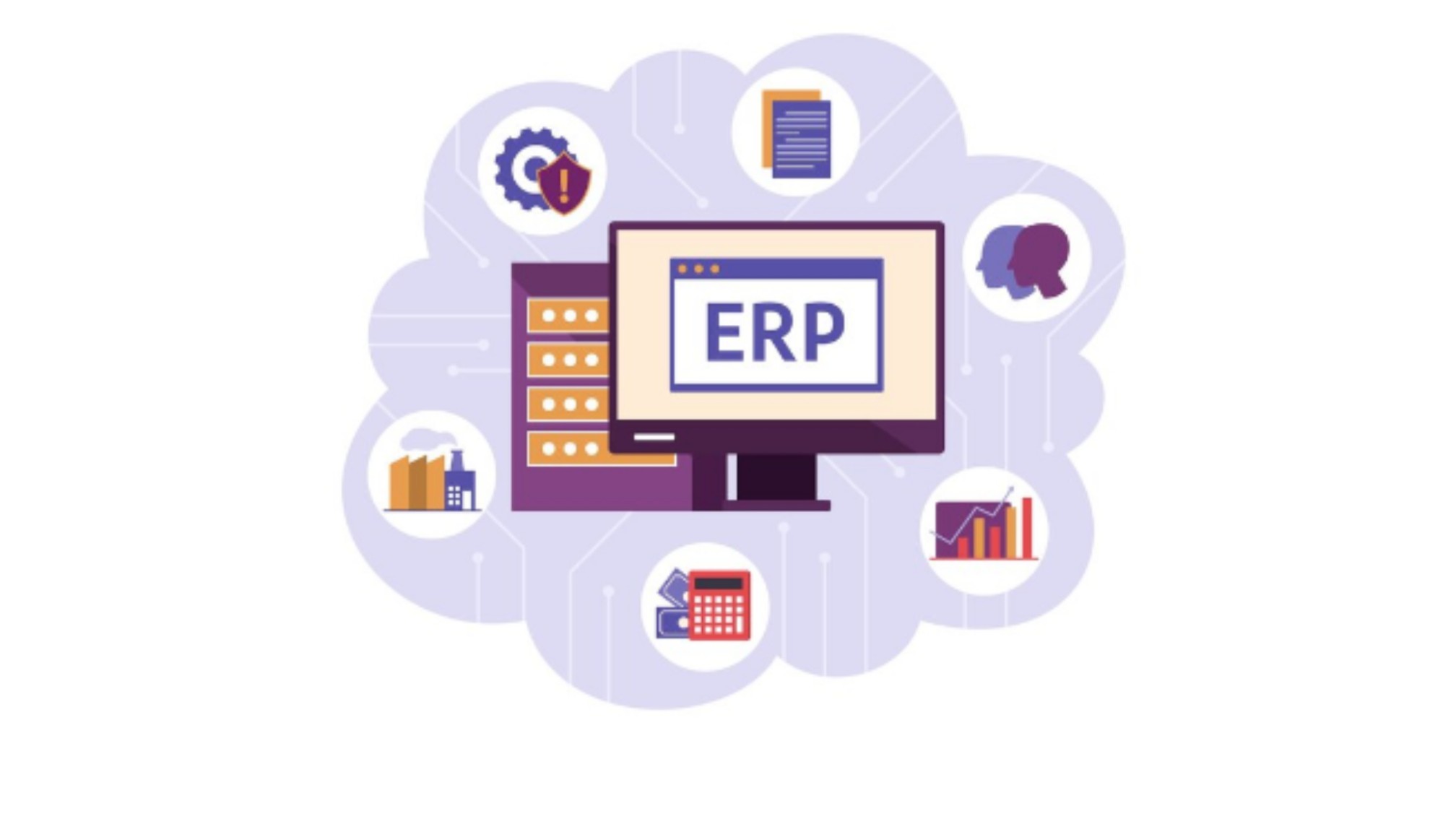Blog categories
ERP Implementation: In-House vs. Outsourced- Pros and Cons
Introduction:
Enterprise Resource Planning (ERP) is a vital system in managing an organization’s resources, processes, and operations. The choice of whether to oversee this crucial process in-house or outsource it poses a dilemma for many businesses. The following article delves into the advantages and drawbacks of each option to help businesses make an informed decision.
Table of Contents:
1. ERP Implementation: An Overview
2. In-House ERP Implementation
3. Outsourced ERP Implementation
4. Key Considerations in ERP Implementation Decision
5. Conclusion

1. ERP Implementation: An Overview
ERP implementation involves installing software, transferring data, configuring company processes, and training users. It may seem a simple task, but, being a highly resourceful and complex system, ERP's implementation is an enormous operational undertaking.
2. In-House ERP Implementation
i. Pros of In-House ERP Implementation
Having an internal team can allow stronger control over the operation The direct involvement often leads to customized features specifically tailored to the company's needs.
ii. Cons of In-House ERP Implementation
However, in-house implementation can come with substantial costs, both in terms of time and financial resources. Notably, specially trained personnel is required to run the system whose recruitment and maintenance could be costly.
3. Outsourced ERP Implementation
i. Pros of Outsourced ERP Implementation
By choosing to outsource, companies can leverage the expertise of seasoned professionals who specialize in ERP deployment. The cost of the overall process can be reduced as there is no need to hire full-time internal staff for system management.
ii. Cons of Outsourced ERP Implementation
On the downside, companies may face communication challenges, reduced control over the project, and the potential risk of sensitive data exposure.
4. Key Considerations in ERP Implementation Decision
In deciding between in-house and outsource ERP implementation, consider elements like cost- effectiveness, system complexity, available skills in your company, and your specific business needs.
Conclusion
Each organization's unique needs and capabilities largely determine the choice between in-house and outsourced ERP implementation. Therefore, a thorough evaluation of the company's resources, goals, and risk tolerance should precede a decision. Regardless of which route you choose, the right implementation of ERP carries substantial benefits for managing resources, improving processes, and driving operational efficiencies.
In conclusion, ERP implementation, whether in-house or outsourced, plays a significant role in the business's operational efficiency. Each method has its benefits and constraints, and it is crucial for organizations to analyze their capacity, resources, and business objectives to make an informed decision.
In closing, if you're seeking a reliable
software development company in USA
, look no further than Infoscience. As a leading software development company in USA, Infoscience is committed to delivering innovative solutions tailored to your unique needs. Elevate your business with our top-notch
ERP implementation services in USA
, and experience the transformative power of technology with Infoscience by your side.
For more details contact us at
sales@infoscience.co
or whatsapp at
+1 313 462 0002
Also read: Artificial Intelligence and Data Privacy: Balancing Innovation and Security
- Tags :
- ERPImplementation
- InhouseVsOutsourced
- BusinessEfficiency
- ResourceManagement
- CostEffectiveness
- SystemManagement